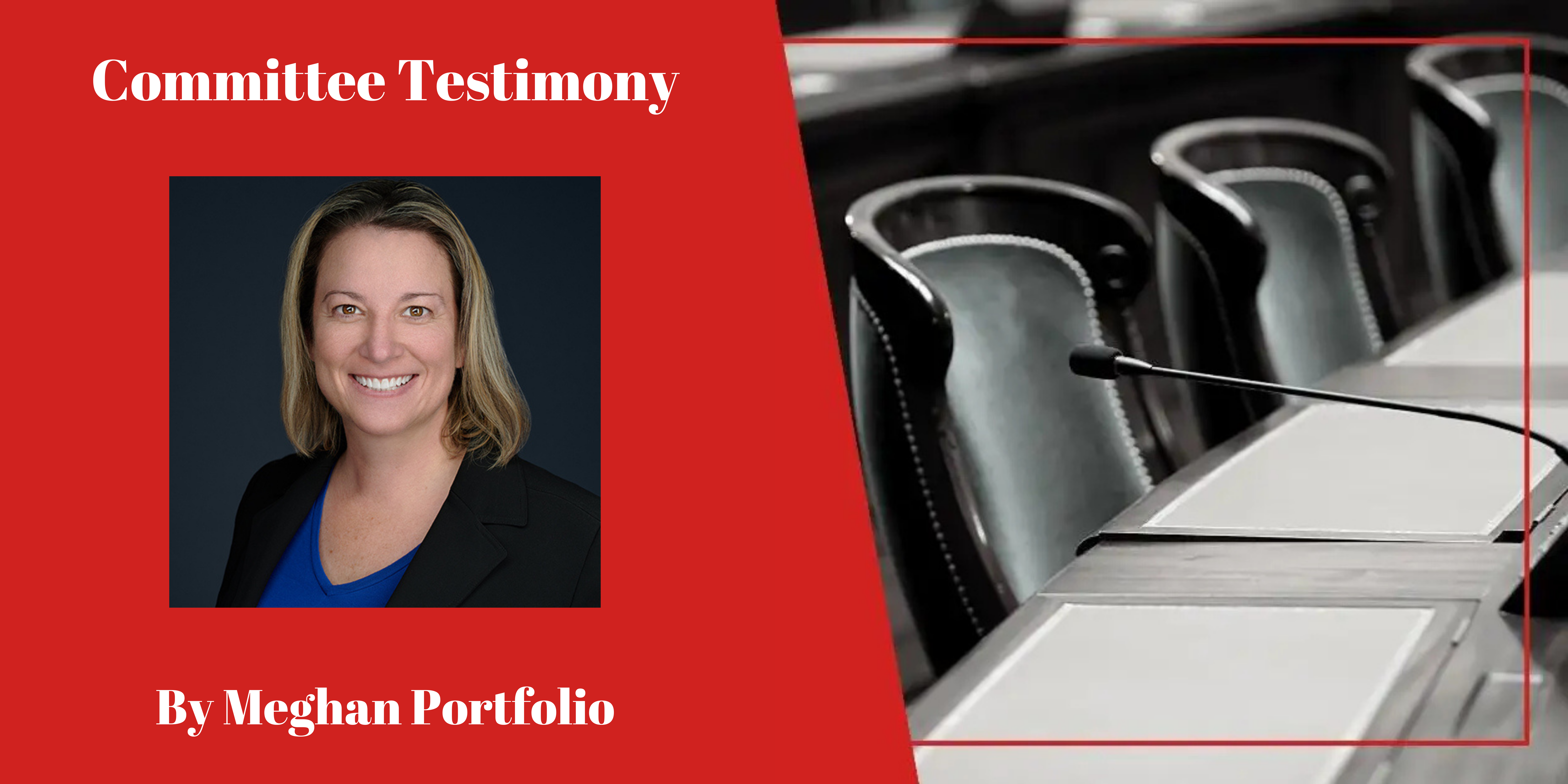Thank you for the opportunity to provide testimony on HB6831 or the An Act Concerning Transit-Oriented Communities. My name is Meghan Portfolio, and I am the Manager of Research and Analysis for Yankee Institute, a non-profit public policy organization dedicated to empowering Connecticut residents to forge a better future for themselves and their families.
Yankee Institute has several concerns and questions regarding the bill’s potential implications for local control and the financial burdens it may impose on municipalities.
The bill ties discretionary infrastructure funding to the adoption of transit-oriented district (TOD) zoning regulations (Sec.1(b). By prioritizing funding for qualifying transit-oriented communities could hinder housing, infrastructure and business growth in towns that don’t meet the criteria.
Before advancing bill, the committee should assess whether towns that have no way of opting in will be losing out on grants.
Additionally, the Secretary of the Office of Policy and Management (OPM) is given significant authority to determine whether a TOD is of “reasonable size.” This centralized oversight may override local planning efforts. What checks and balances will be in place to ensure local zoning commissions can effectively collaborate with the state without losing control over their community’s development?
Furthermore, the Secretary’s authority to approve or deny local zoning regulations that do not “substantially comply” with state guidelines suggests that unelected bureaucrats could effectively overrule local zoning decisions. How will this process be managed to ensure that local voices are not ignored?
Finally, the bill stipulates that no qualifying transit-oriented community can adopt regulations for any transit-oriented district that do not “substantially comply” with guidelines established by the Secretary concerning parking requirements, lot size, lot coverage, setback requirements, floor area ratio, height restrictions, inclusionary zoning requirements, and development impact fees. Unless the Secretary explicitly approves conflicting local regulations based on identified local factors, municipalities must adhere to these state guidelines. Does this provision grant the Secretary of OPM the power to override local zoning decisions on critical aspects of community planning, such as building heights, parking, and density? What safeguards will be in place to ensure that the unique character and needs of individual municipalities are respected in these decisions? How will this process be managed to ensure that local voices are not ignored?
While Yankee Institute recognizes the potential benefits of promoting transit-oriented development, we urge the committee to consider these concerns carefully. Ensuring that local governments retain control over their zoning decisions, addressing the financial implications for all municipalities, and ensuring fair distribution of funding are critical to the successful implementation of this legislation.
Thank you for your attention to these important issues. We look forward to further discussions and clarifications regarding Raised Bill No. 6831.
Respectfully submitted,
Meghan Portfolio
Manager of Research and Analysis

